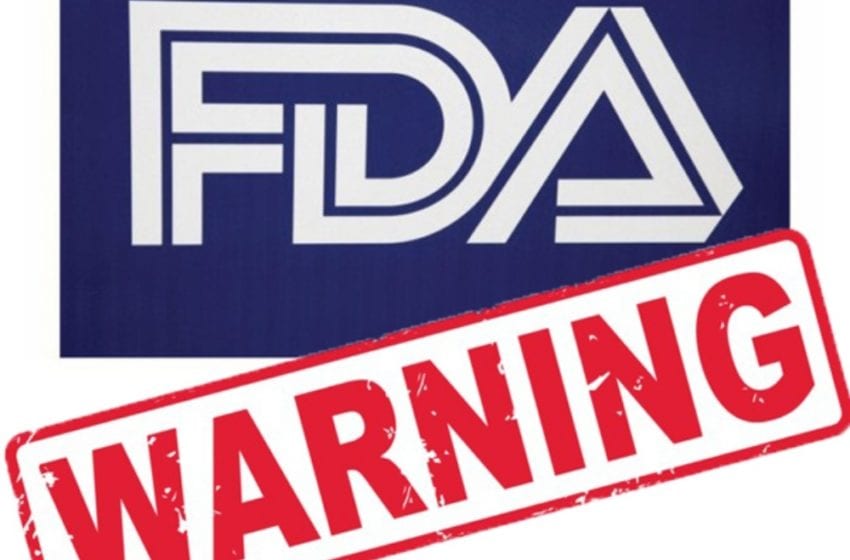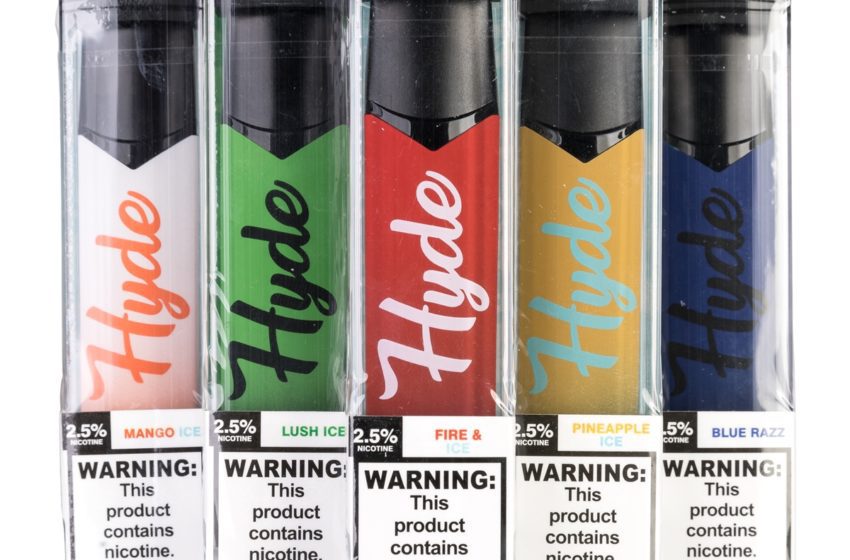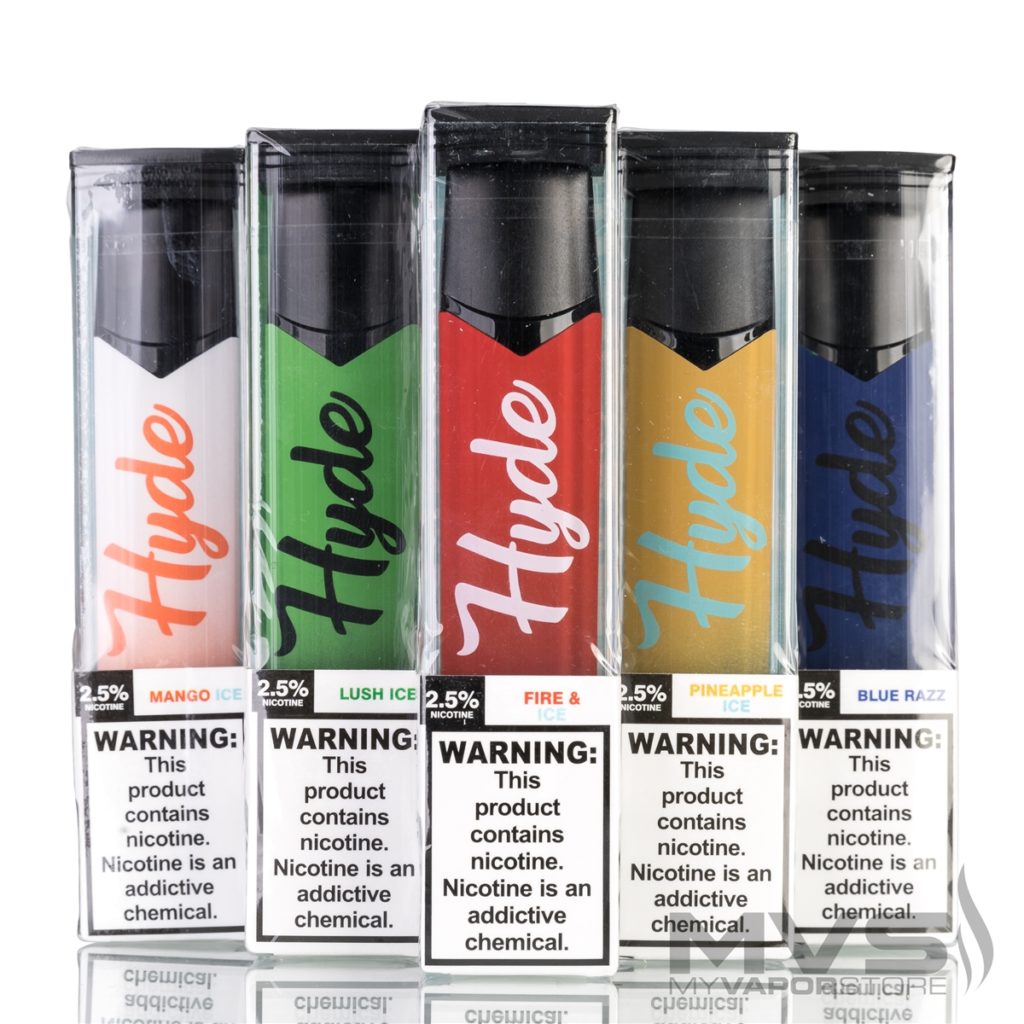
The United States filed complaints in December against six companies and related individuals to stop the illegal manufacture and sale of unauthorized vaping products. The charges were brought on behalf of the U.S. Food and Drug Administration.
E-cigarette manufacturers Seditious Vapours LLC and Vapor Craft LLC, two of those six companies, must stop distributing and selling their products under two separate court orders granting the FDA-requested injunctions, according to Bloomberglaw.
Judge Douglas L. Rayes of the U.S. District Court for the District of Arizona sided with the FDA’s argument that Seditious Vapours failed to submit premarket applications for the products, and subsequently manufactured, sold, and distributed the e-cigarettes illegally, according to a court order filed Friday.
Two days earlier, Judge Clay D. Land of the US District Court for the Middle District of Georgia granted a permanent injunction against Vapor Craft.
The FDA states that the defendants continued to manufacture, sell, and distribute unauthorized e-cigarettes to consumers after receiving warning letters from the agency. The FDA’s prior warnings noted that further violations could lead to enforcement action, including injunction.
“These cases are an important step in stopping the illegal sale of unauthorized electronic nicotine delivery system products,” said Principal Deputy Assistant Attorney General Brian M. Boynton, head of the Justice Department’s Civil Division. “The Department of Justice will continue to work closely with FDA to stop the distribution of illegal, unauthorized tobacco products.”
When companies are manufacturing and distributing unauthorized tobacco products, the FDA will typically first issue a warning letter in an attempt to achieve voluntary compliance with the law. If continuing violations are documented by the FDA, the agency may request that DOJ pursue a judicial enforcement action, such as an injunction or seizure.
The six companies originally having injunctions filed were:
- Morin Enterprises Inc. doing business as E-Cig Crib in the District of Minnesota
- Soul Vapor LLC in the Southern District of West Virginia
- Super Vape’z LLC in the Western District of Washington
- Vapor Craft LLC in the Middle District of Georgia
- Lucky’s Convenience & Tobacco LLC d/b/a Lucky’s Vape & Smoke Shop in the District of Kansas
- Seditious Vapours LLC d/b/a Butt Out in the District of Arizona
The FDA also has administrative civil money penalty authority for violations of the FD&C Act relating to tobacco products.



 Streamline, parent to Juice Herad and several other e-liquid brands, announced that the U.S. Food and Drug Administration
Streamline, parent to Juice Herad and several other e-liquid brands, announced that the U.S. Food and Drug Administration 














